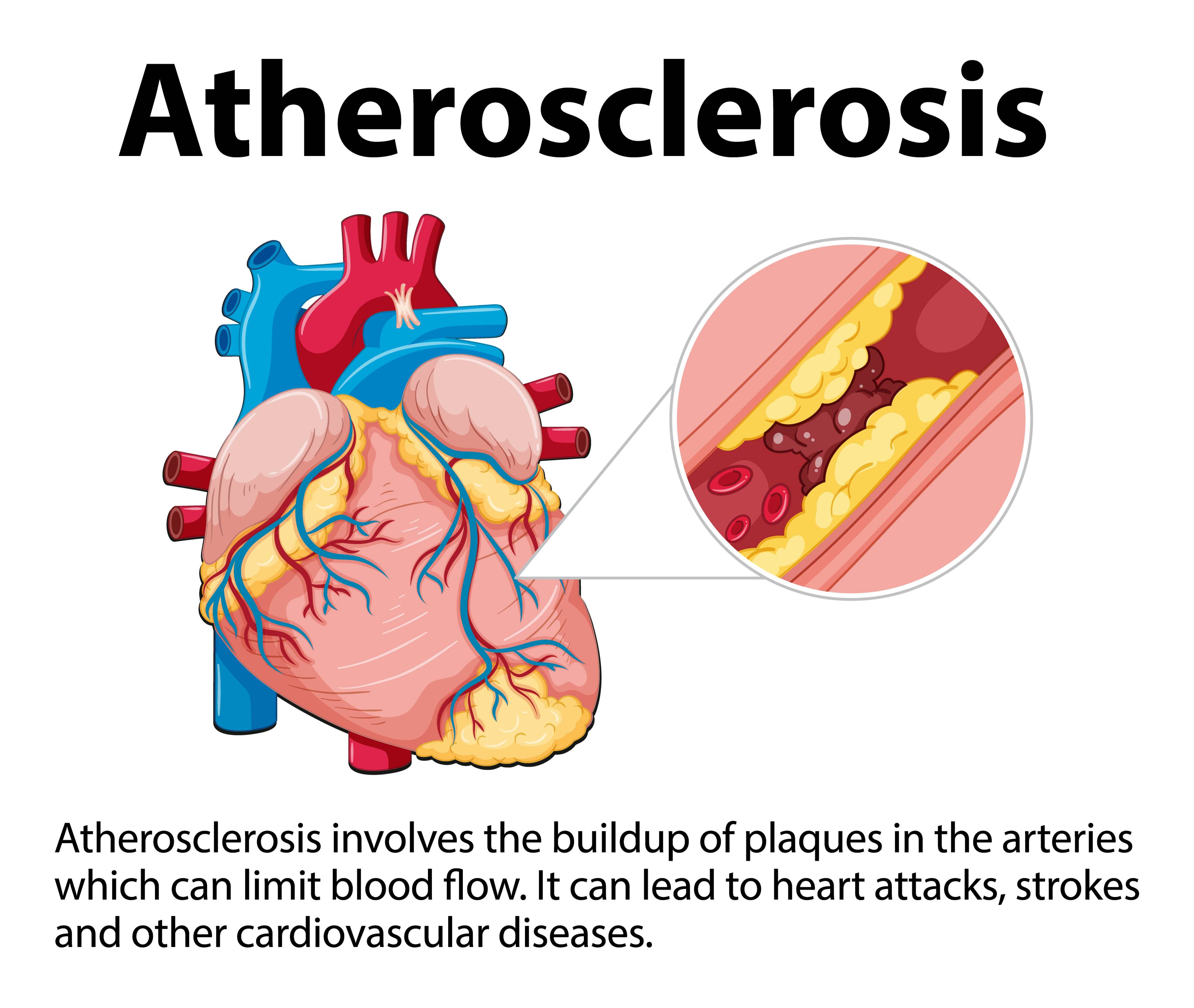
Understanding Aortic Valve Stenosis: Causes and Symptoms
Introduction: Aortic Valve Stenosis (AVS) may sound complex, but it’s essential to understand its causes and symptoms. Let’s break it down in simple terms to help you grasp what AVS is all about.
What Causes Aortic Valve Stenosis?
The aortic valve, located between the heart’s left ventricle and the aorta, is responsible for regulating blood flow from the heart to the rest of the body. AVS occurs when this valve becomes narrowed or stiffened, obstructing blood flow. The main causes of AVS include:
Degenerative Changes: Over time, the aortic valve may naturally thicken and harden, leading to stenosis.
Congenital Heart Defects: Some individuals are born with abnormalities in the structure of the aortic valve, predisposing them to AVS.
Rheumatic Fever: Untreated streptococcal infections, such as rheumatic fever, can damage the heart valves, including the aortic valve, resulting in stenosis.
Symptoms of Aortic Valve Stenosis
In the early stages, AVS may not cause noticeable symptoms. However, as the condition progresses, the following symptoms may develop:
Chest Pain or Discomfort: This may occur during physical exertion or when the heart has to work harder to pump blood.
Shortness of Breath: Difficulty breathing, especially during activity or when lying flat, is a common symptom of AVS.
Fatigue: Feeling unusually tired or weak, even after minimal exertion, can be a sign of reduced blood flow due to AVS.
Heart Palpitations: Some individuals with AVS may experience irregular heartbeats or sensations of fluttering in the chest.
Fainting Spells: In severe cases of AVS, reduced blood flow to the brain can lead to fainting or lightheadedness
Conclusion :Understanding the causes and symptoms of Aortic Valve Stenosis is crucial for early detection and intervention. If you experience any of the symptoms mentioned above, it’s essential to seek medical attention promptly. With proper diagnosis and treatment, individuals with AVS can lead fulfilling lives and manage their condition effectively.
To seek medical advice, always consult a Doctor. Here are our recommended experts. Click here
To read more on Heart Disease . Click Here


